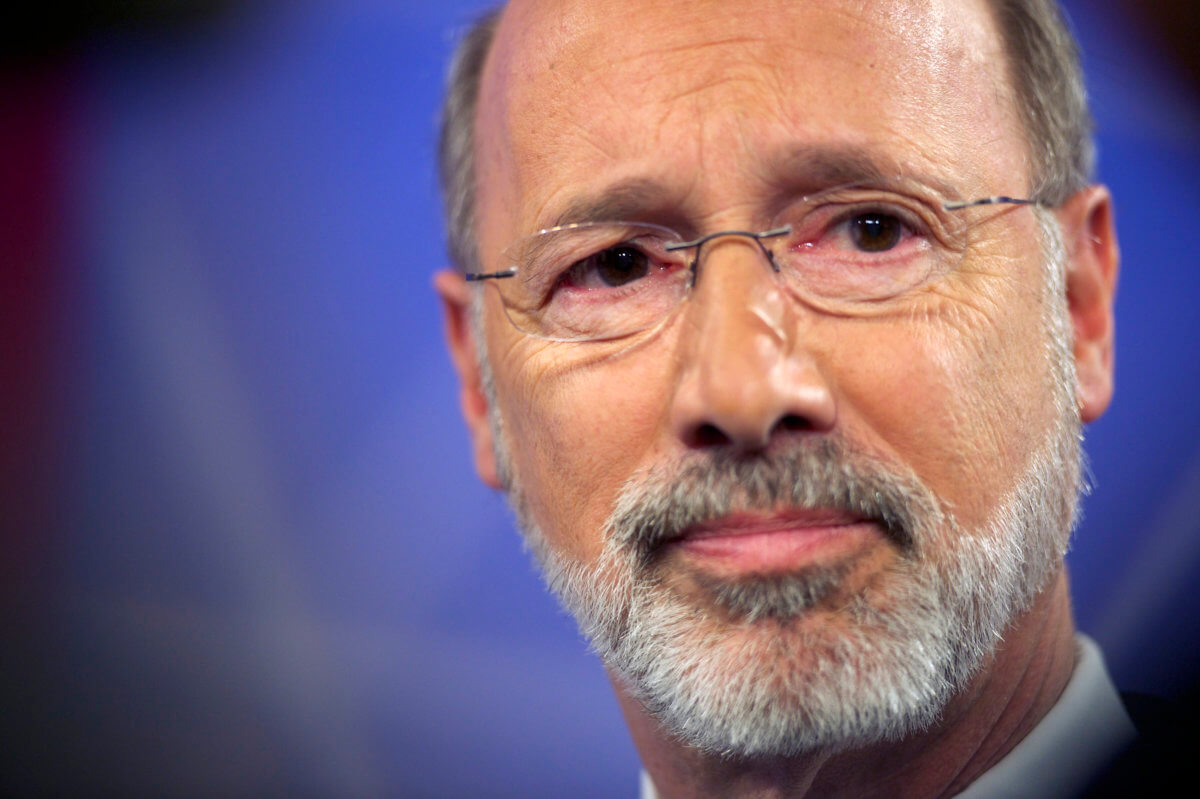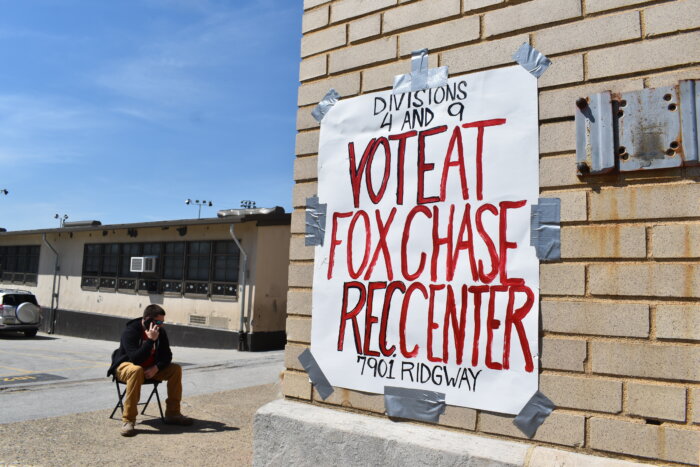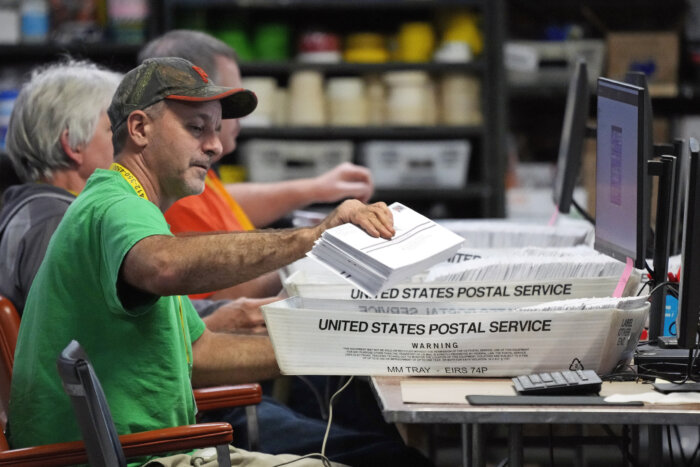Gov. Tom Wolf’s administration said prisoners are better protected from the COVID-19 virus behind bars than the general public.
The governor also defended his handling of the state prison population amid criticism from activists and advocacy groups who say officials have been slow to release inmates during the pandemic.
Since March 1, the number of those incarcerated in state prisons has declined by 3,471, the largest drop in Pennsylvania’s history in such a short time, according to Wolf’s office.
In addition, less than one percent of the prison population has tested positive for the coronavirus, state officials said.
“Ultimately, the inmates inside state correctional institutions have proven so far to be more secure from COVID-19 than the general population, where the mortality rate is 90 percent higher than it is in the state’s correctional facilities as of today,” the Governor’s Office said in a statement.
Saleem Holbrook, director of community organizing at the Abolitionist Law Center, a nonprofit law firm that represents prisoners and promotes criminal justice reform, believes not enough is being done.
“It’s definitely not safer than it is in the general public because out here on the outside we have the ability to social distance,” Holbrook told Metro. “Prisons are designed to prevent social distancing.”
As of Thursday afternoon, 241 state prisoners have been infected with the virus, and 10 have died from COVID-19-related complications, according to the Pennsylvania Department of Corrections.
“The department has been successful at keeping COVID-19 from spreading widely in the congregate settings of correctional facilities,” Wolf said.
Officials said 159 inmates have been released as part of a reprieve program established by Wolf in April.
The rest of the reduction resulted from furloughing people on parole, maximizing parole releases, releasing inmates who have served more than their minimum sentences, among other measures, the Wolf administration said.
“We will continue to seek improvements in our criminal justice system that minimizes the number of incarcerated individuals while providing the highest degree of safety to every Pennsylvanian,” DOC Secretary John Wetzel said.
Criminal justice reform organizations have questioned the reprieve process, and Free People Strike, a group of activists, is even conducting a hunger strike in an attempt to pressure Wolf into releasing more prisoners.
Initially, the Governor’s Office said between 1,500 and 1,800 prisoners would be eligible for early release.
“Reprieve is dead,” Holbrook said. “It’s not helping the populations that are in most need of it.”
There are more than 700 prisoners who are 65 and older serving life sentences without the possibility of parole, more than half of whom have been locked up for more than 40 years, Holbrook said.
They’re exactly the type of people who should be considered for early release, he said, but they’re not because the reprieve program is only open to nonviolent offenders.
ALC is recommending the program be expanded to all older inmates on a case-by-case basis. The nonprofit is also pushing for the state to test all prisoners for the virus.
Wolf, in his statement, touted his record, saying the prison population has shrunk from 48,881 inmates when he was inaugurated in 2015 to 41,738, a decrease of 7,143. He credited bipartisan legislation for the decline.

Metro is one of more than 20 news organizations producing Broke in Philly, a collaborative reporting project on economic mobility. Read more at brokeinphilly.org or follow on Twitter at @BrokeInPhilly.
































